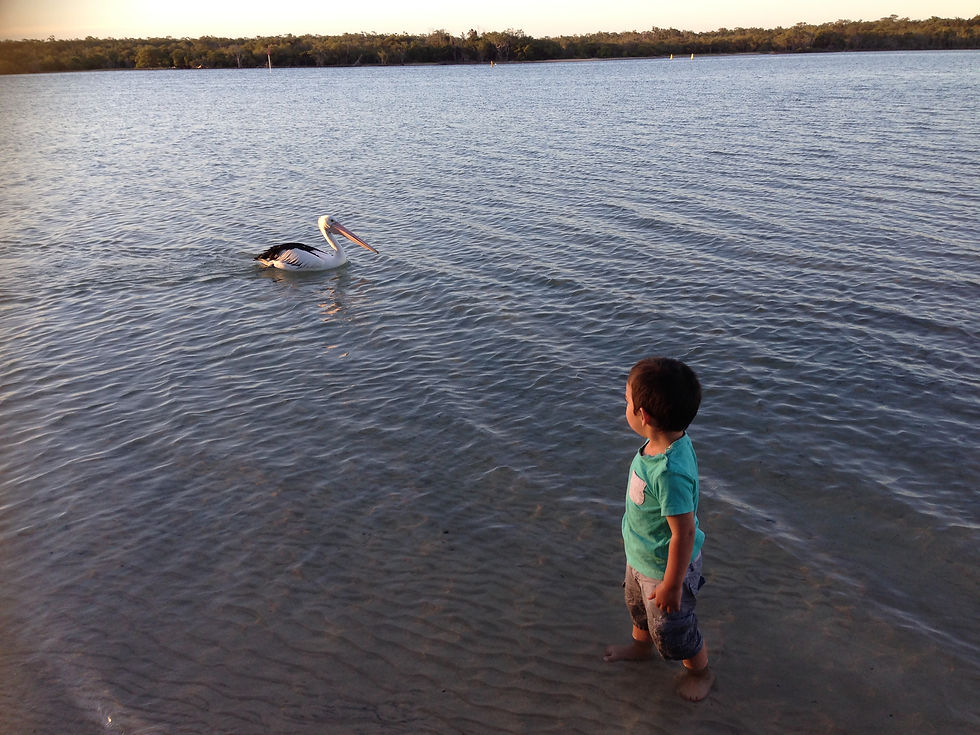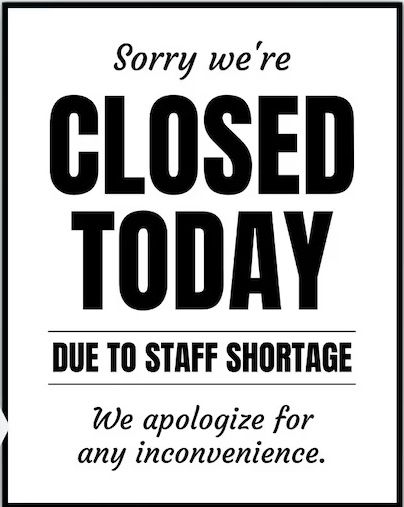
By Rowland Hill
Around the world residents have declared Short Stay Let Accommodation (SSLs) to be a blight on their communities – and are forcing governments to rein them in.
Noosa is one such community.
For more than 60 years Noosa residents strove to balance environmental conservation and economic growth. Their successes include:
conservation protections over about 40 per cent of the shire;
controlled population growth;
steady and diversified economic growth (generally State-leading);
a full range of essential services (health, education, financial, legal, retail, hospitality etc);
residential amenity delivered by careful zoning (with designated tourist zones, and controls on commercial ventures in residential zones)
These and other successes delivered enviable levels of convenience, wellbeing, pride and security for residents. Visitors shared in the benefits.
Now the majority of residents don’t want them commodified by investors, and Noosa converted to a de facto resort town if the SSL scourge is not wound back.
What brought this scourge?
Investors looking for enhanced returns in the low-yield financial environment of the 21st century recognised Noosa’s special value and its national and international standing. Influenced by the success of Air BnB, they saw the potential for SSL in Noosa. Against town planning intentions, and with no notice to neighbours, investors bought and converted residential dwellings to motel-style accommodation, starting with the coastal strip and taking the community and Council by surprise.
They did so citing the history of private Noosa dwellings being let to visitors. In the past such letting was generally to friends and friends-of-friends, for minimum periods of a week or more. With the digital platforms used by Air BnB and other management firms, letting periods were reduced, frequencies increased – and the intrusion of turnovers for cleaning and maintenance turbocharged. The past situation where visiting owners and their friends became known to permanent residents was changed to a rolling succession of visiting strangers – some with no respect for the neighbourhood or community. There was profound change in the letting arrangements and impacts. History was not relevant.
There are more than 4000 SSLs outside the tourist zones, the majority in the low-density residential zones of the coastal strip where about one in five dwellings is available for SSL. The economic consultancy, Lucid Economics Pty Ltd, in a 2021 report said there are more Air BnB listings in Noosa Heads than anywhere else in Australia.
In 2022, Noosa’s SSL investors collected around $180million in rents (AEC Economics). Of this about $150m was transferred out of Noosa and spent elsewhere (Council estimates).
The residential dwellings they converted to the SSL market met few, if any, of the provisions required for traditional tourist accommodation. Many hide hazards and threats just waiting to happen.
The majority in the community were outraged as neighbourhoods were hollowed out and residential amenity eroded. In response in October 2020 Council required SSL properties to be approved and registered with annual renewals; wrote a Code of Conduct for renters; established a Complaints Hotline where bad renter behaviour could be reported requiring owner action within 30 minutes; and set up enforcement mechanisms (Noosa.qld.gov.au. - Short Stay Letting and Home Hosted Accommodation).
There were an average two complaints a week to the Hotline over 2022, and three per week in the peak holiday season (Council figures). Some bad behaviour continued, but Letting agents assess renters’ behaviour to be generally improved.
This Local Law initiative was broadly welcomed as a good start toward restoring residential amenity by some people, but not all – and the short-comings needs to be addressed.
Now there is deeper concern for Noosa’s longer term economic health that goriest beyond residential amenity.. Assessing the impacts of the introduction of the Local Law, AEC Economics found that more than 800 dwellings, previously long-term rented, had been converted to Short Stay Let over the past decade. They also found that this erosion of dwellings available for long term rent was constraining business performance – in particular, hospitality businesses and health providers were unable to perform to their potential because of staff shortages.
AEC pointed out that as population balance shifts from permanent residents to visitors, there is a shift in spending patterns. Visitors splash their cash mostly at restaurants, on food and alcohol and clothes. Residents buy a wider range of health, education, digital, professional and other services – as well as spending on hospitality, alcohol and retail. This disparate resident spending consolidates and stimulates broader economic growth and diversity.
A separate survey by the campaigning organisation Everyone’s Home found the Sunshine and Gold Coasts to be the State’s most expensive places for essential workers to rent; e.g. Child-care and aged care workers on the Sunshine Coast spend an average of more than 80 per cent their income on rent; At 85 per cent of income, hospitality workers spend an even greater proportion.
Little wonder then that some Noosa businesses – including health providers and restaurants – can’t operate at full capacity because of staff shortages - leading some residents to contemplate the ‘Armageddon consequence’. Declining economic activity, and a shrinking permanent population ultimately leading to a review of State provided services such as hospitals, school, police and emergency services.

These residents want Council to do much more to rein in SSLs, and they are demanding commitments in the lead up to the March 2024 Council election.
They want Council to
Immediately and strictly enforce the LL regulations it adopted 17 months ago
setting a deadline for SSL registrations; and
prosecuting SSL owners who fail to fully comply with all SSL LL requirements.
Impose a 60 day per year limit on commercial Short Stay Letting to be consistent with the SSL LL limit on the letting of Places of Principal Residence registered for SSL
Impose a maximum of 10 guests including children (or 2 people/bedroom, whichever is least) for each property offered for Short Stay Letting whether commercial or PPR
Require each dwelling offered for SSL to have sufficient off-street parking to accommodate the vehicles of all renters (no on-street parking by SSL renters)
Publish quarterly key SSL statistics
Each Councillor to declare any interest, direct or indirect, he or she has in SSL properties
Comentarios